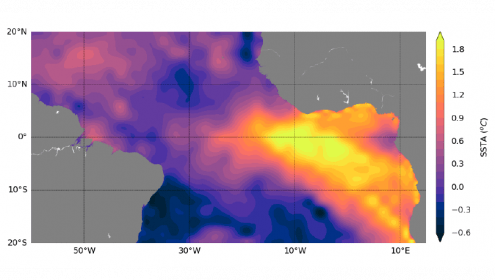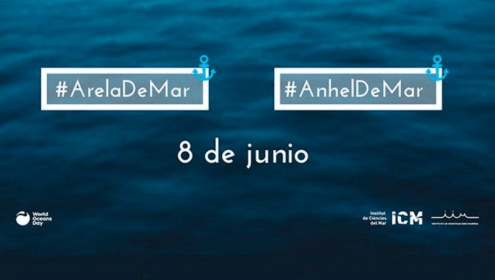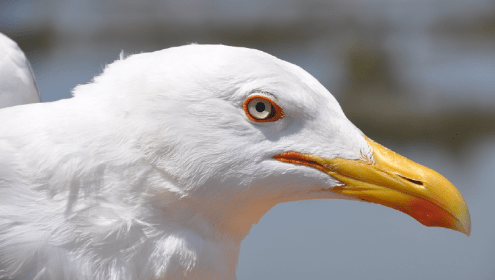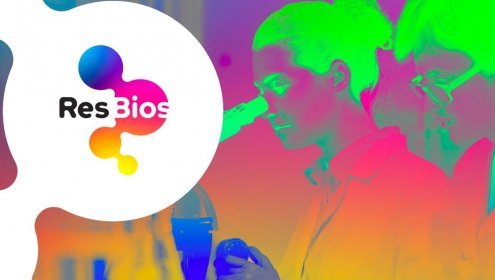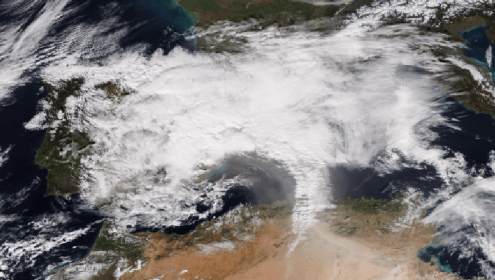LATEST TOPICS
Scientific news
Understanding the Atlantic Niño dynamics is a key to prevent its socioeconomic impact in regions that are especially vulnerable such as the Gulf of Guinea.
Ahead of World Oceans Day, the Institut de Ciències del Mar (ICM) of Barcelona and the Institute of Marine Research of Vigo (IIM) have launched the #AnhelDeMar campaign on social networks.
The yellow-legged gull is an opportunistic species able to adapt to human activities and take advantage of its food resources throughout the year.
The MER-CLUB project will develop a biotechnological solution based on detoxifying bacteria to reduce the presence of mercury in marine sediments.
The Institut de Ciències del Mar (ICM-CSIC) participates in ResBios European with the objective of acquiring experience to implement sustainable and lasting Responsible Research and Innovation measures that generate structural changes in the institution.
The Institut de Ciències del Mar (ICM-CSIC) publishes a report on the impacts of the Storm Gloria storm on the eastern coast of the Iberian Peninsula.
